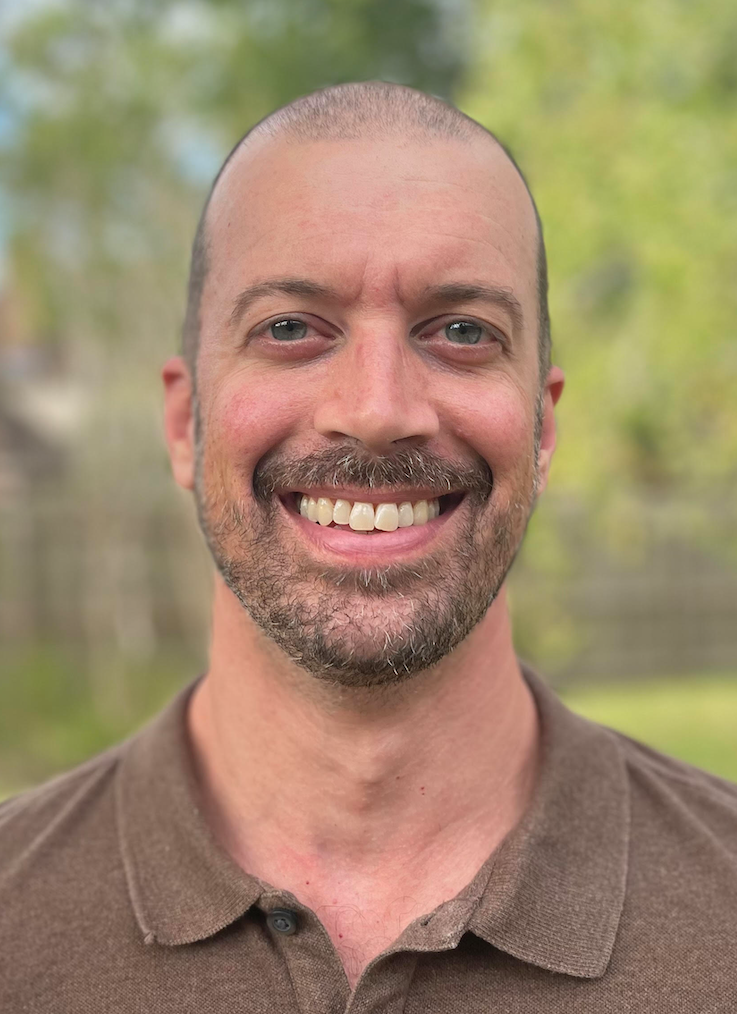Things have changed for the families of people struggling with alcohol and substance abuse. Trying to intervene and help a loved one takes different strategies now. Once upon a time a philosophy to help your loved ones become motivated for change was “Leave them alone and they’ll come home.” Meaning the best motivation for change would have to come from the consequences of their drinking or use.
With a mental disorder like alcoholism and addiction, our best reasons to stop using sometimes aren’t good enough. Thinking we can control and enjoy our drinking and use, we say to ourselves, “It’ll be different this time,” or “It’s not really as bad as it’s made out to be.” And we continue to drink or use despite having plenty of reasons to stop. Family members might cry or beg, employers might threaten the job, legal consequences might occur. But still we keep thinking that it’ll be different this time.
In the past, the strategy was to let the consequences happen, to not fix the consequences of their use. This strategy worked because the person struggling with alcohol or drugs would eventually have no other option but to seek help. Their consequences would pile up on them until they could finally see and accept they had a problem. Unfortunately with the types of drugs being used today the “Leave them alone and they’ll come home” approach of intervention can be deadly.
‘Run, Don’t Walk’ Strategies for Addiction Intervention
Nowadays, with increased access to synthetic and highly potent manufactured drugs, the strategy of family intervention should be “Run, don’t walk.” Get your loved one in front of a substance abuse professional as soon as you can.
Drugs and how they are made have vastly changed in the last few generations. The current state of drug use culture includes highly toxic bootleg and counterfeit pills that can kill with one use. There have been countless news stories the past several years about the spread of fake pills made with meth and fentanyl. These “pressed pills” can look and feel just like brand name medications received from a pharmacy. But they can have devastating effects, even after just one use.
As the drugs have changed so too should the response by the family, and how quickly the family needs to act. The spread of synthetic, bootleg, counterfeit, and other manufactured substances requires new family intervention techniques. Here are a few ways to help your loved ones who are struggling with alcohol or drug addiction.
- Run, Don’t Walk – get them in front of a substance abuse professional as soon as possible. They don’t need to commit to treatment, they don’t even need to admit they have a problem at first.At Bay Area Recovery Center our State Licensed Chemical Dependency Counselors are specifically experienced, educated, and trained to reach your loved one on their level. We have been in that chair. We know how to talk to individuals who are struggling with alcohol and drug abuse. Oftentimes they are quite motivated to change after a short conversation with our trained professionals.
- Encourage Open Communication – Frequently, an addict or alcoholic will hide their use out of guilt or shame. Either they are afraid of getting in trouble for their use or afraid it will get taken away. Encouraging honesty and open communication can help motivate individuals with substance use disorders to seek help. They may still hide their use and behave dishonestly, but there may be times when they reach out and are honest about their use and their feelings. When that happens, see number 1.
- Set Clear Boundaries – It is perfectly healthy and acceptable to set clear boundaries with those suffering from drug and alcohol addiction. Using open communication be very clear about what behaviors are unacceptable, and then follow through with consequences for breaking those boundaries. Don’t set any consequences you are not willing to follow through on. When the boundary is crossed and they drink or use again, see number 1.
With the increase in deadly synthetic substances it is very important the family intervene as soon as possible to seek help. Seeking help from professional counselors can increase motivation to change and give your loved ones a better chance at recovery.
